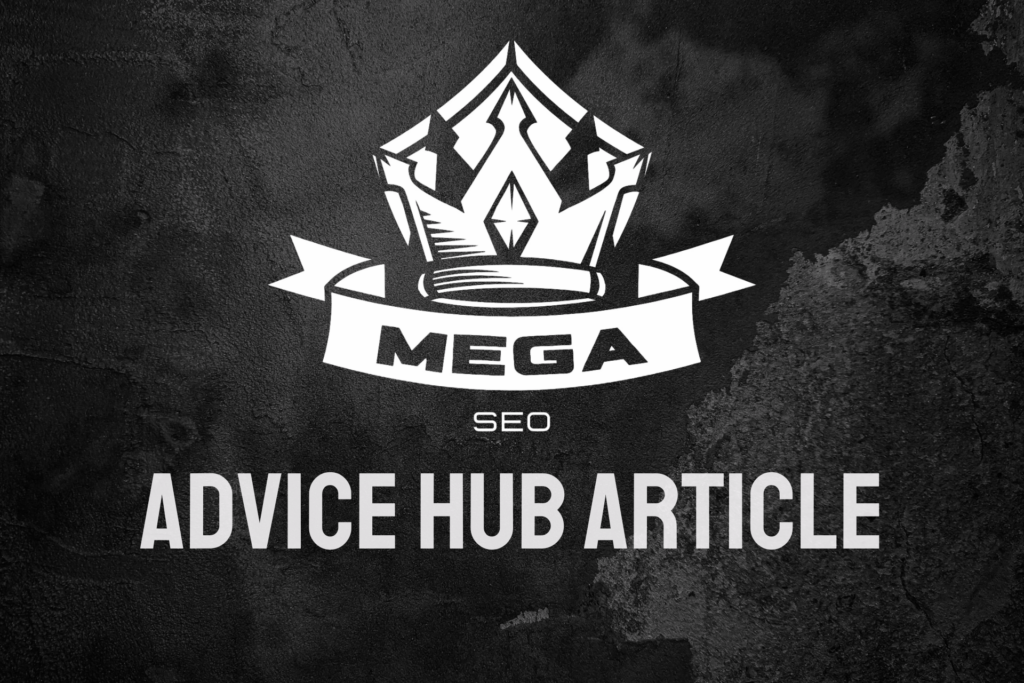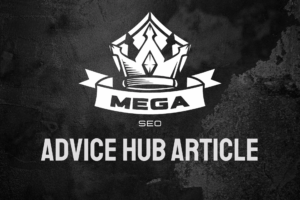Over-optimisation in SEO occurs when website owners and marketers push their optimisation efforts too far, resulting in penalties from search engines. Finding the right balance between optimising for search engines and maintaining a natural, user-friendly website is essential for long-term SEO success. This comprehensive guide explores effective strategies to avoid over-optimisation while maintaining strong search visibility.
What Is SEO Over-Optimisation?
SEO over-optimisation happens when websites implement excessive optimisation techniques that make content appear unnatural or manipulative to search engines. These practices can trigger algorithmic penalties or manual actions from Google, leading to decreased rankings and reduced organic traffic.
What Are the Common Signs of Over-Optimisation?
Several indicators suggest a website might be over-optimised:
- Keyword Stuffing: Repeatedly using the same keywords unnaturally throughout content, making it difficult to read and understand.
- Excessive Internal Linking: Including too many internal links with exact-match anchor text, creating an artificial linking pattern.
- Over-Optimised Meta Elements: Cramming keywords into titles, descriptions, and headers without considering readability or user experience.
- Unnatural Link Profiles: Building too many backlinks too quickly or focusing solely on exact-match anchor texts.
- Duplicate Content: Creating multiple pages targeting the same keywords with slightly modified content.
How Can You Balance SEO and Natural Content?
Creating a balanced approach to on-page SEO requires careful consideration of both search engines and users. Here’s how to maintain this balance:
Focus on User Intent
Understanding and addressing user intent should be your primary goal. Write content that answers questions comprehensively and provides value to your audience. This naturally incorporates relevant keywords and phrases without forcing them into the text.
Implement Natural Keyword Usage
Keywords should flow naturally within your content. Consider these guidelines:
- Use semantic variations and related terms instead of repeating the same keyword
- Include keywords where they make logical sense
- Write for humans first, then optimise for search engines
- Focus on long-tail keywords and natural language patterns
What Role Does Technical SEO Play in Preventing Over-Optimisation?
Proper technical SEO implementation helps prevent over-optimisation while maintaining search engine visibility. Consider these aspects:
- URL Structure: Keep URLs clean and readable, avoiding keyword stuffing or unnecessary parameters
- Site Architecture: Create a logical hierarchy that helps users and search engines navigate your content
- Schema Markup: Use structured data appropriately to provide context without over-optimising
- Page Speed: Focus on technical performance rather than excessive keyword optimisation
How Should You Approach Link Building Without Over-Optimising?
Effective off-page SEO requires a natural approach to link building:
- Diverse Anchor Text: Use a mix of branded, naked URLs, and natural variations of your target keywords
- Quality Over Quantity: Focus on earning links from relevant, authoritative websites rather than building many low-quality links
- Natural Link Velocity: Allow backlinks to grow organically over time instead of building them too quickly
- Content-Driven Links: Create valuable content that naturally attracts backlinks from other websites
What About Local SEO and Over-Optimisation?
For businesses targeting local markets, local SEO requires careful balance:
- NAP Consistency: Maintain accurate business information across all platforms without keyword stuffing
- Local Content: Create location-specific content that serves your community while avoiding over-optimisation
- Review Management: Encourage genuine customer reviews instead of manipulating the review process
How Can You Monitor and Maintain Optimal Optimisation Levels?
Regular monitoring helps maintain appropriate optimisation levels:
- Content Audits: Regularly review your content for signs of over-optimisation
- Analytics Monitoring: Track key metrics to identify potential issues early
- Competitor Analysis: Study successful competitors to understand balanced optimisation approaches
- User Feedback: Listen to your audience and adjust optimisation based on their behaviour and preferences
Expert SEO Support for Balanced Optimisation
Maintaining the right balance in SEO requires expertise and continuous monitoring. Our team of SEO specialists based in Wigan understands the delicate balance between effective optimisation and over-optimisation. We help businesses across the UK implement sustainable SEO strategies that drive results without risking penalties.
Ready to optimise your website effectively while avoiding over-optimisation pitfalls? Contact us to discuss how we can help you achieve sustainable search engine success through balanced, ethical SEO practices.


